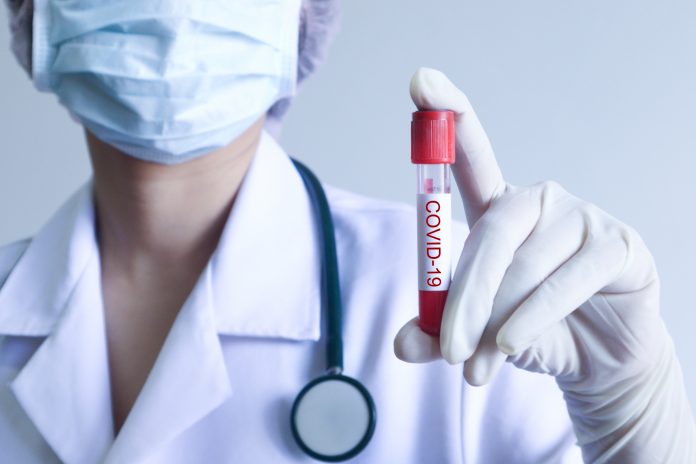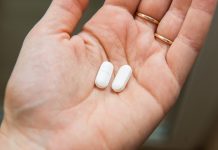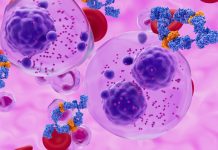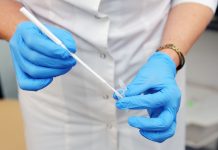A new study has found that early administration of ivermectin can reduce viral loads and symptom duration in patients with mild COVID-19
A new small pilot study, which is part of the SAINT project and has been led by the University of Navarra Clinic and the Barcelona Institute for Global Health (ISGlobal), an institution supported by the “la Caixa” Foundation, suggests that early administration of ivermectin can reduce viral loads and symptom duration in patients with mild COVID-19, which in turn could help reduce viral transmission.
“Many efforts are focusing on developing treatments for COVID-19, but few are addressing how to reduce viral transmission,” says study coordinator Carlos Chaccour, researcher at ISGlobal and physician at the University of Navarra Clinic.
Chaccour and his team assessed whether the maximal dose of ivermectin, an antiparasitic drug that has been shown to reduce SARS-CoV-2 replication in vitro (in cell lines), recommended in Europe could have an impact on viral transmission when administered within the first days after symptom onset.
Clinical trial
The research team gave one single dose of ivermectin or placebo to 24 patients with confirmed infection and mild symptoms, within the first 72 hours after the first symptoms started.
Nasal swabs and blood samples were taken at the moment of enrolment and 1, 2 and/or 3 weeks after treatment.
Seven days after treatments, no difference was observed in the percentage of PCR-positive patients, however, the mean viral load in the ivermectin-treated group was lower (around 3x lower at 4 days and up to 18x lower at 7 days post-treatment).
Treated patients also showed a reduced duration of certain symptoms and all patients developed virus-specific IgG but, the mean level of antibodies in the treated group was lower than in the placebo group. “This could be the result of a lower viral load in these patients,” explains Chaccour.
The fact that there was no effect on duration of symptoms or makers associated with inflammation suggests that ivermectin may act through mechanisms that do not involve a possible anti-inflammatory effect and the authors believe it could be interfering with viral entry in the cells.
“Our findings are in line with those from recent assays conducted in Bangladesh and Argentina,” says Chaccour. “Although our study is small and it is too early to draw conclusions, the trends observed in viral loads, symptom duration and antibody levels are encouraging and warrant further exploration in larger clinical trials with a higher diversity of patients,” he adds.
The findings of the pilot study have been published in EClinicalMedicine.
Reference
Chaccour C, Casellas A, Blanco-Di Matteo A, et al. The effect of early treatment with ivermectin on viral load, symptoms and humoral response in patients with mild COVID-19: a pilot, double-blind, placebo-controlled, randomized clinical trial. EClinicalMedicine. 2021. DOI: 10.1016/j.eclinm.2020.100720











